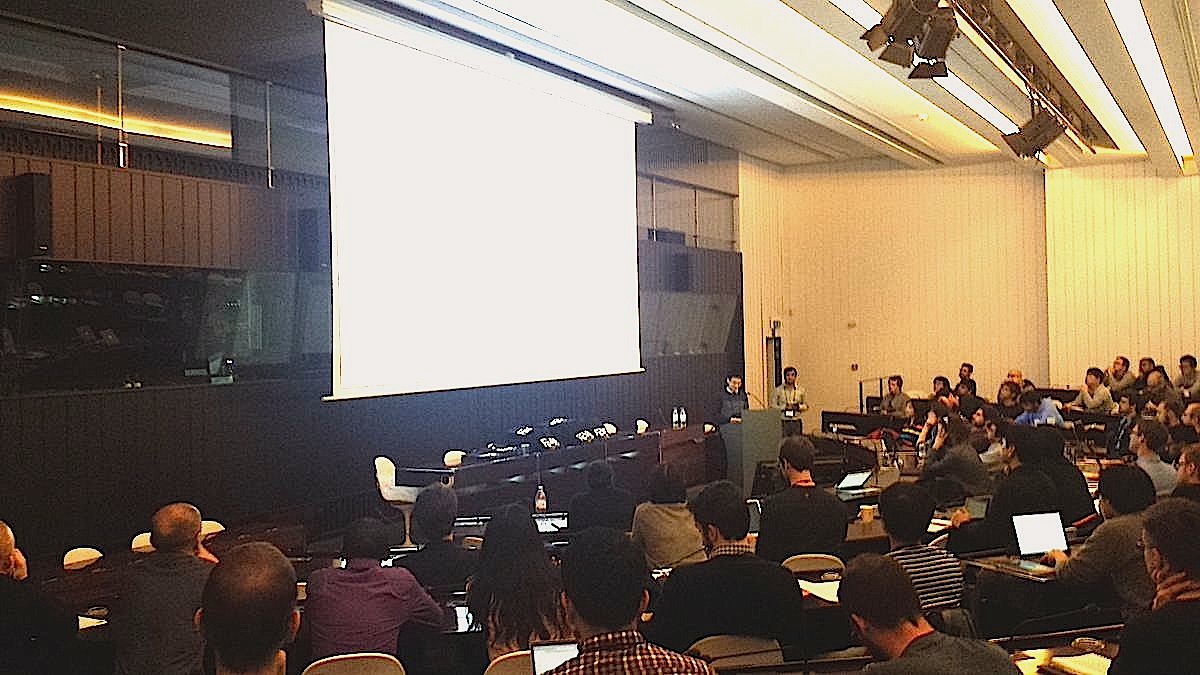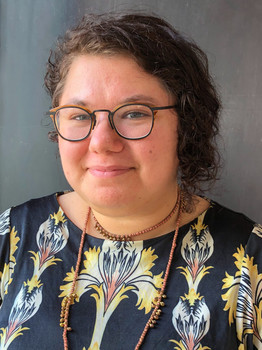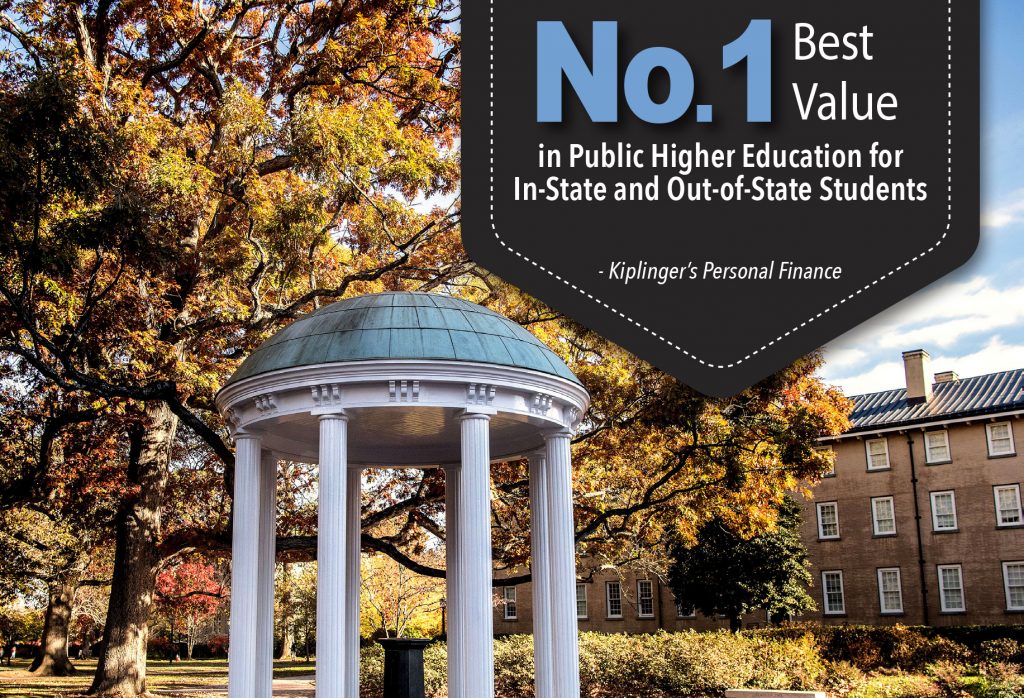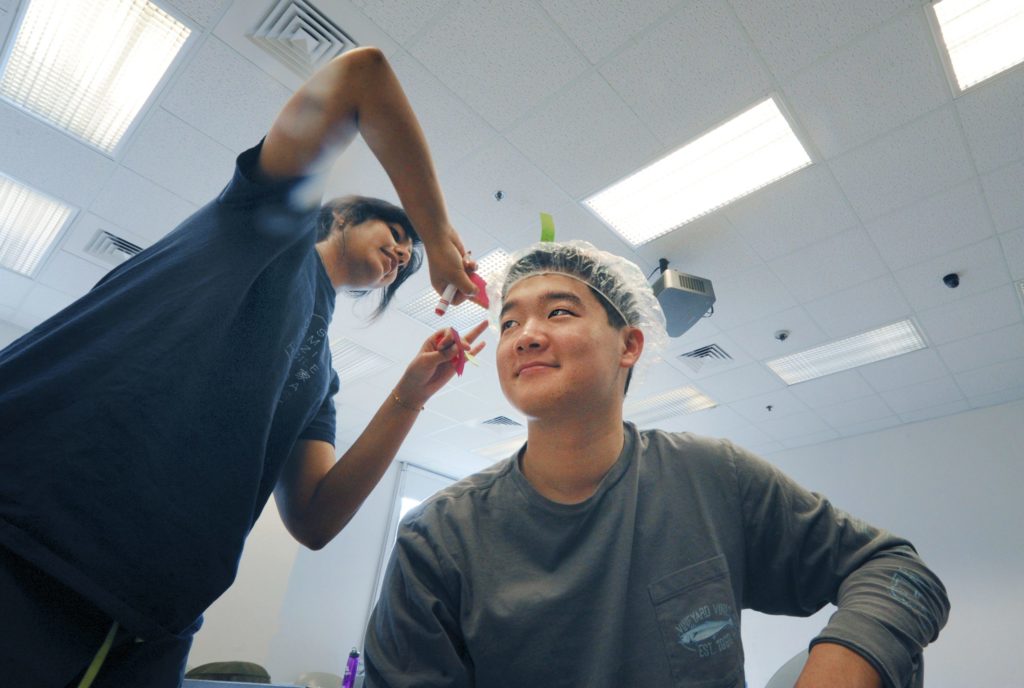
The increasing concern over misinformation and “fake news” in the marketplace of ideas has stimulated research efforts on automatic fact-checking via machine learning and natural language processing methods.
A UNC-Chapel Hill computer science team, led by assistant professor Mohit Bansal, won first place in the first international Fact Extraction and Verification (FEVER) Challenge in Brussels, Belgium.
The challenge was held at the 2018 Conference on Empirical Methods in Natural Language Processing (EMNLP). The challenge required teams to submit a system that verifies (or refutes or says “not enough information”) claims using evidential sentences extracted from Wikipedia documents.
The UNC Natural Language Processing Group developed a three-module, interpretable machine learning system that took first place at the competition which featured 24 entries from several international teams, including top universities and labs such as University College London, Ohio State University, Technical University of Darmstadt (Germany), Columbia University, University of California Santa Barbara, and more (see leaderboard link).
Doctoral students Yixin Nie and Haonan Chen made up the UNC team, directed by Bansal.
Nie received an Amazon travel grant of 1,000 euros to give a selected oral presentation of the UNC lab’s fact verification system at the FEVER Challenge workshop.
An extended study of this proposed system by the same authors was also published in AAAI 2019 (a top-ranked conference in artificial intelligence), and the full paper is available at https://arxiv.org/abs/1811.07039. The competition was organized by Amazon and the University of Sheffield.
Read more about the challenge and the UNC team at Amazon developer news here and here.




